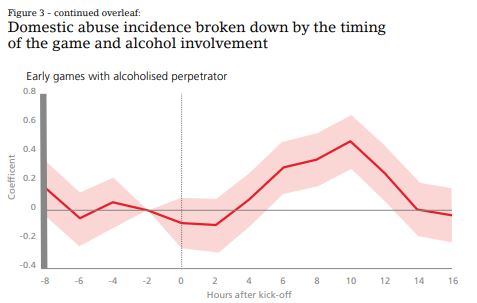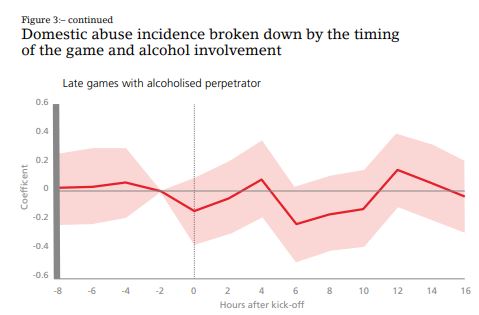The World Cup has raised questions over the safety of potential abuse victims
FOR many people the World Cup is a festival of football – a cause for celebration.
However, studies have shown that domestic abuse cases can increase by 38% when a football team loses, and viewed through that lens the volume of World Cup games this month is a concern. Case numbers have been shown to rise by 26% even when teams win.
With this in mind, the World Cup in Qatar is a cause for concern.
Despite Wales’ disappointing World Cup exit last week after three poor performances, South Wales Police said that the tournament has not led to a spike in reports across Wales.
This hasn’t always been the case in Wales however. In 2009 South Wales Police released figures after Wales played England during the Six Nations which recorded an 80% increase in domestic abuse reports.
The number of police recorded domestic abuse-related crimes in England and Wales rose 6% to 845,734 in the year ending March 2021.
Domestic abuse charity, Women’s Aid, argues that the problem runs deep after its own research showed 24% of UK adults believe that there are times when it is acceptable for sports crowds to sing ‘rude chants’ about women.
And it seems timing is key.
A study released earlier this year by the London School of Economics showed that alcohol was the biggest factor in domestic abuse incidents but when the alcohol was consumed also had an impact.

The graph above shows that the peak time for calls to police to deal with reports of domestic abuse is 10 hours after someone drinks alcohol around a football match.
They also released data that said the impact of alcohol and football matches on cases of domestic abuse was far lower when the game kicked off later in the day.

Farah Nazeer, chief executive of Women’s Aid, said that there’s a “role to play for everybody” with the World Cup in full swing.
“While domestic abuse is not caused by football, we know existing abuse can become more severe or frequent during big tournaments,” she said.
“Sexist jokes enable a culture where women can be demeaned, controlled, harmed and abused. To help end domestic abuse, we must also tackle sexism and misogyny, and challenge attitudes and comments where we can. On this front, football can have a very powerful and positive role to play”.
Gaynor McKeown, Chief Executive of the Domestic Abuse Safety Unit (DASU), said: “Regardless of what team is playing and what sport tournament is on, or how much alcohol is consumed, perpetrators of domestic abuse are the only ones responsible for the suffering they inflict on their partners and family members.
“Whilst the police may see an increase in calls because of the football, this is likely because the abuse has escalated. It may mean the individual was experiencing abuse before the tournament and it won’t stop just because the football has finished”.
- If you or anyone you know is experiencing abuse from a partner or family member you call DASU on 0333 3600483 or email info@dasunorthwales.co.uk .
- If you are in immediate danger, call 999 and you can also call the Live Fear Free Helpline on 0808 8010 800 24 hours a day.



